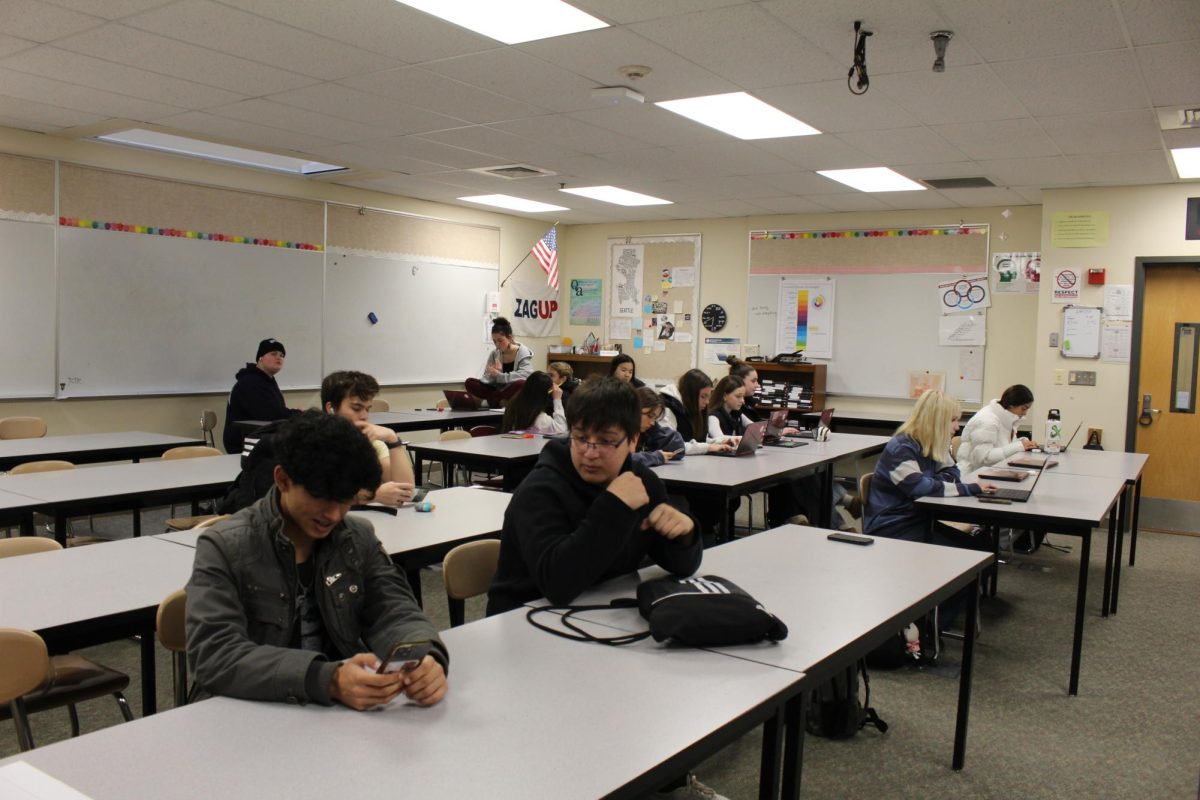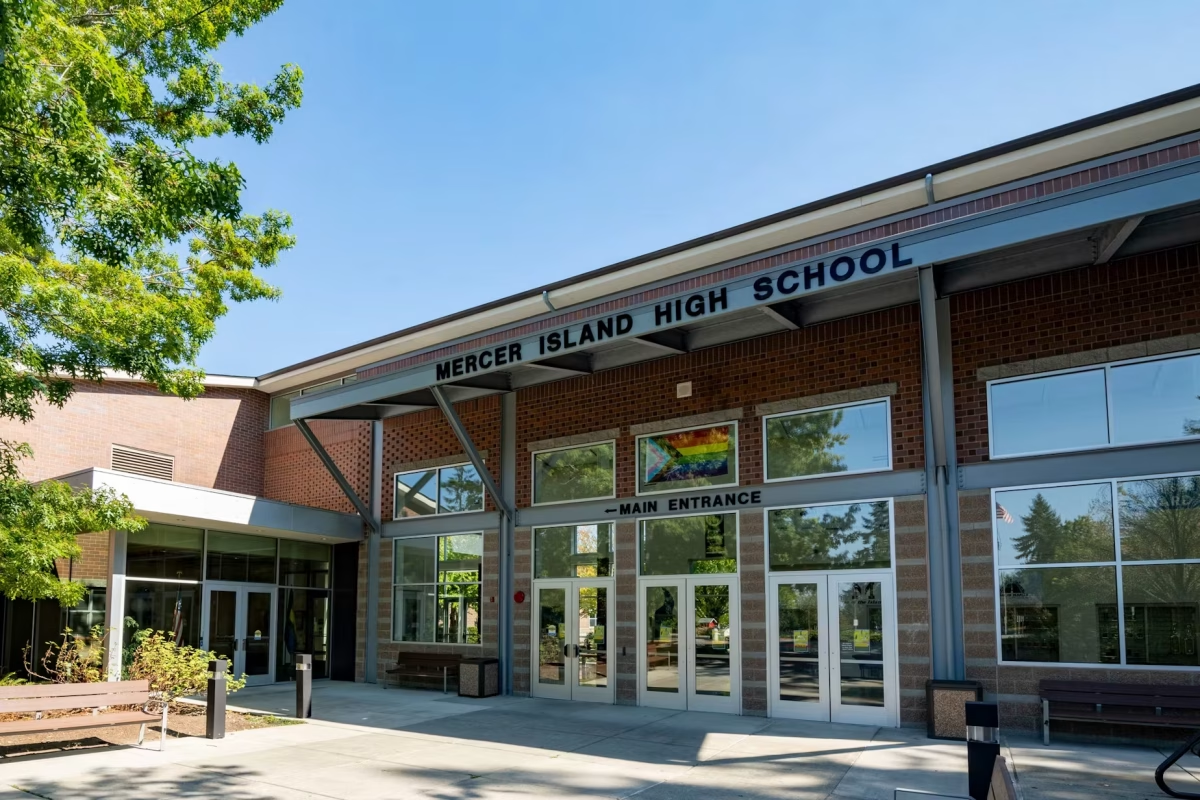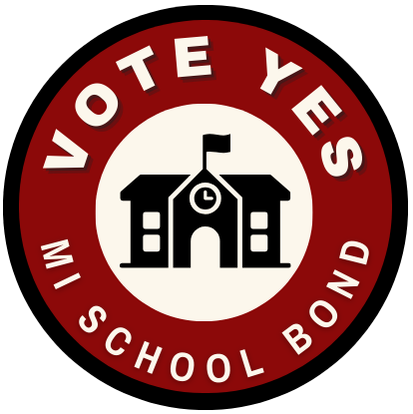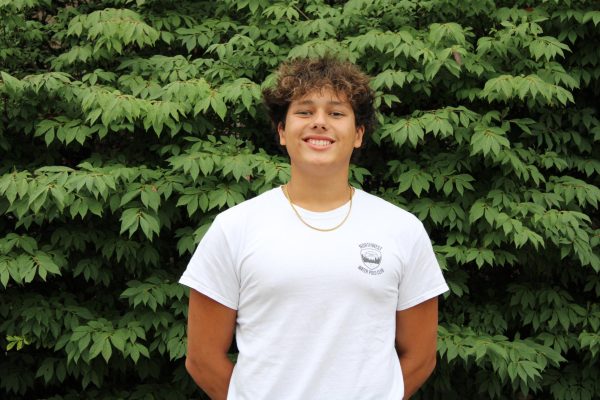Islander Hour, formerly called Bridges, was created in 2006 to create time for students to study and connect with the MIHS student body. However, Islander Hour now does not meet the benefits originally promised by Bridges due to the unclear execution from teachers.
The set time on Wednesday is used for multiple purposes such as watching “The Current,” completing state mandated tests, doing make-up work and hosting assemblies. Teachers are instructed to follow an agenda and offer help for students; however, levels of engagement from both students and teachers can waver, causing a disconnect in the classroom and decreasing productivity for students.
“The spirit of Bridges [was] essentially to create a safe landing place where grades didn’t matter and they could just hang out with a cross-age group of kids,” English teacher Chris Twombley said.
Twombley has been a teacher of the district for 25 years and contributed to the development of Bridges.
“We wanted to find a way to have a place where we could build some community. That all started in the works probably as early as 2003. But we didn’t really implement [Bridges] until the mid 2000s,” Twombley said.
The benefits of Bridges are still evident in present day Islander Hour; however, many students misuse the advantage of work time given.
“I think sometimes when we have class bonding activities, it’s not productive,” freshman Charlie Prophater said. “We learn each other’s names and their hobbies, but we don’t physically learn about our classes and study for upcoming tests.”
While students talk to teachers and peers during Islander Hour, the frequency of a once-a-week class creates obstacles for teachers to connect with their students.
“Building [relationships] takes time. That can be immensely challenging when you’re seeing kids once a week,” Shannon Tapp said. “I understand why people struggle with building relationships because that’s the foundation of what I think every teacher should know: a kid’s name, their strength and their needs.”
Tapp works collaboratively with Erica Hill, an administrator for MIHS, to facilitate and plan events for all Islander Hour classes.
“Lessons are usually determined outside of what I and Associate Principal Hill do. We’re just here to make sure [Islander Hour] is an appropriate place for the lesson,” Tapp said.
Certain lessons assigned during class time, namely Naviance and the High School and Beyond Plan, can sometimes be complicated and overwhelming for students who are either new to high school or unsure about their future. Ideally, graduation plans should be discussed privately with trusted adults and counselors, which is mandatory in the state of Washington. Nevertheless, these lessons are required during Islander Hour but may not be successful on account of the complexities of the lessons.
“I think there are circumstances where there are teachers who are taking the time to check in with students on every level. How are their grades? How’s their attendance? How’s their social emotional [life], how are they doing sort of mentally,” Twombley said. “If you have someone, a teacher who’s doing that constantly, then even if it’s once a week, I think that’s valuable [to students].”
This teacher-student relationship should be nurtured by every teacher during Islander Hour while giving time for students to complete their work and prepare for upcoming assessments. Emphasizing this relationship could increase productivity and build trust with students. If Bridges was originally for students struggling with schoolwork, why has the school moved on from this idea and focused more on advisory and prepared lessons?
“I think it depends a lot on how productive classes are with the kids that are in it,” Tapp said. “The teacher that’s in it, the level of engagement, the buy-in into Islander Hour. I think it varies depending on all the factors between the kids and teachers and [the more] buy-in into [a teacher-student relationship] the more productive I think it is.”
One of the original practices of Bridges saw classes mixed with different grade levels, which has been discontinued. If new students are unwilling to communicate with their teachers, would bringing back mixed grade levels in Islander Hour allow these students to gain advice from more experienced and relatable people, therefore leading to increased productivity since new students can ask for advice from upperclassmen?
“There’s a lot of value in doing it that way, especially in terms of the mentorship. There would be some logistical hurdles to overcome,” Twombley said. “For example, if you have mixed groups and you want to send all the sophomores to one place and all the juniors to one place, it can get confusing and it’s also difficult to find the space to do that. It does require another level of organization just to make sure all the parts are moving where they need to move.”
New students to MIHS seem to agree with bringing back this practice.
“I think that [mixed age groups] would be really beneficial because you’d be able to make friends with people across other grades,” Prophater said. “In middle school, we had Gator Time. We were able to chat with 6th and 7th graders and bond with them. Now it’s only the people you’ve been with since elementary school.”
Even though these changes would revamp IH, students may still use this time to skip school and disregard the support from teachers. Islander Hour is not optional: it is listed as a class on Skyward and has repercussions, such as Saturday detention, if a student is listed as unexcused multiple times.
“I can guarantee you we have data to support that [Islander Hour] is the most skipped class right now,” Tapp said. “It’s not even at the end of the day, you put it at the end of day, I cannot fathom a world where the school is going to get better attendance.”
Islander Hour’s purpose is lost on most of the students at MIHS and that is unacceptable. If MIHS wants to see students succeed, teachers need to be involved with supporting student needs to create a productive workspace.
The MIHS administration should also explore ways to rearrange the agenda of Islander Hour while revisiting forgotten or removed practices of Bridges such as mixed-age groups to give students a better incentive to participate and use the advantages of Islander Hour.










Paelun B • Feb 2, 2024 at 3:58 pm
Great article, I definitely agree with most of it. While I appreciate Islander Hour as a consistent free period and a place to talk with a few friends, I do think it has failed to live up the ideal.
Other than my friends I already had from outside, I haven’t really made any friends in Islander Hour, as the infrequent meeting times, and lack of any shared work to bond over leaves it feeling like more of a free period than the kind of permanent group of friends/peers you’d ideally want for something like this.
Plus using this as a study hall is also jeopardized by the fact that when the period will actually be free and when there will be work to do is not made clear, so you can’t really depend on Islander Hour as a time to get homework done because there could be something to do that day. So there should definitely be a better system for that.